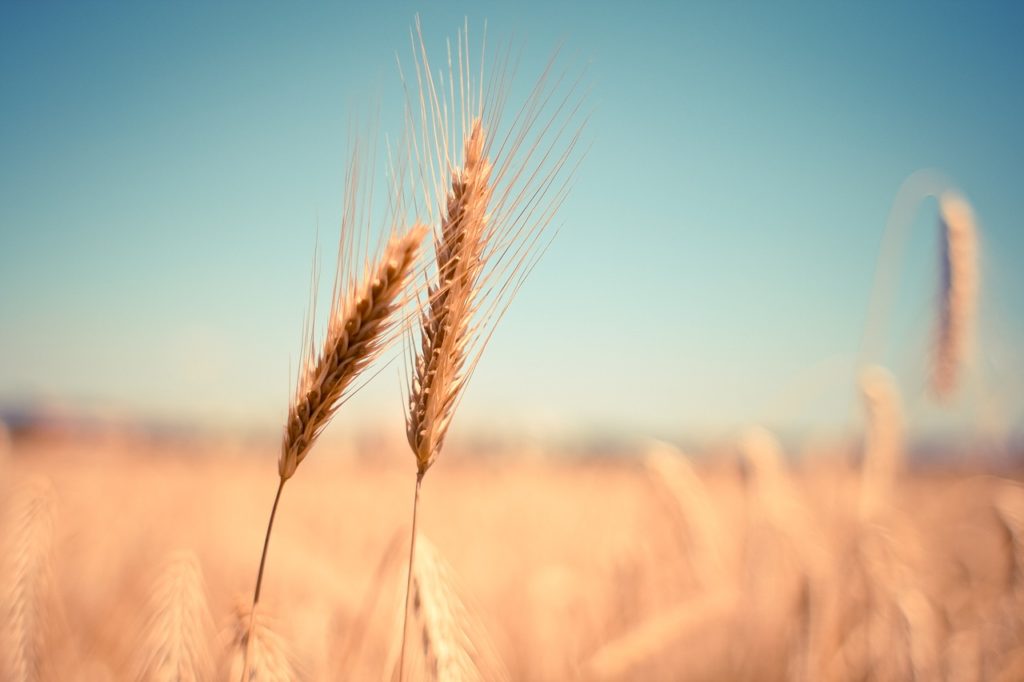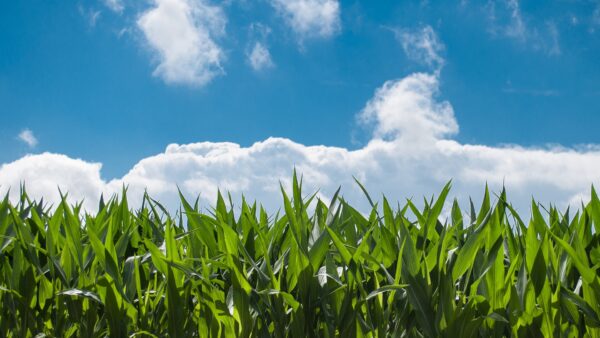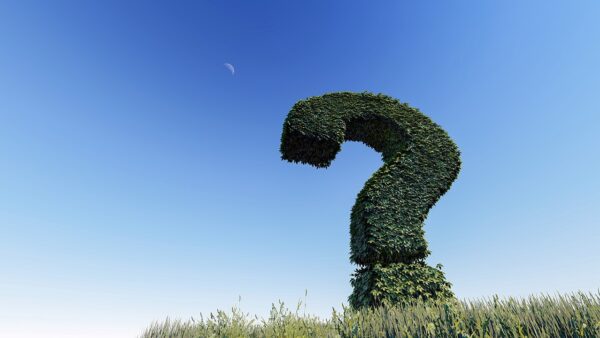Every day, each of Argentina’s 45 million citizens finds something on their table that was produced by a farmer somewhere in the country. Beyond feeding its own population, Argentina’s agriculture also sustains hundreds of millions of people worldwide through exports. These exports include both direct consumption products like fruits, vegetables, meat, edible oils, biofuels, wines, and legumes, as well as indirect products like vegetable protein for animal feed, which is ultimately converted into meat, milk, and eggs worldwide.
It seems incredible that such a relevant, strategic and traditional sector is not perceived as such by society, and I understand that this is absolutely our sector’s responsibility and not the consumer’s.
Let me clarify: though we in all parts of agriculture are dedicated to farming, we are not necessarily good horsemen, we do not necessarily recite the Martin Fierro, play the guitar and dance the zamba. Nor are we skillful throwing the lasso or tapping our boots and doing the malambo. We don’t necessarily wear bombacha pants, boots and a wide-brimmed hat. That gaucho version, the mixture of crocodile Dundee with Patoruzú that we are so often characterized by urban citizens, is not real.
It’s important to highlight that, unlike most economic activities, agricultural producers compete hand to hand with the rest of the world’s producers. Our competitors aren’t just our neighbors or other regional producers; they are scattered around the world, doing the same as us and fighting for the same markets. The big difference is that they have predictability, long-term government policies, and often, government subsidies. In contrast, Argentina’s agriculture lacks such supportive measures and, paradoxically, ends up subsidizing the state.
Of Argentina’s 37.4 million hectares dedicated to agriculture (excluding livestock), the State claims the total output from 20.5% of the sown area. To survive this competition, today’s producers must manage advanced technologies, latest-generation animal and plant genetics, precise soil and water management strategies, satellite geo-referencing, precision agriculture, artificial insemination, embryo transplanting, irrigation, and sophisticated machinery.
Additionally, professionals from many different disciplines work hard to enhance efficiency in production and transformation processes. This effort explains why, in a country decimated productively and economically by recurrent and endless crises, Argentina’s agricultural sector remains one of the most competitive on the planet, ranking fourth behind China, the United States, and Brazil.
The general notion that fields and farms are merely suppliers of agricultural products, generously provided by nature, without recognizing the thousands of hours of research, labor, investment, and risk involved, is a severely distorted misunderstanding in society. The cow does not just give milk; the sheep its wool; the bee its honey; birds their eggs, or plants their fruits. Every day, thousands of producers make that happen, with increasingly sophisticated technologies. Much like in medicine and information technology, we are a global reference point. However, this is not widely recognized by society.
I believe that there is a folkloric paradigm that has generated a misunderstanding between the countryside and the city, and it has its roots in the Industrial Revolution when migration to the cities was seen as a social ascent. Electricity, education, health services, entertainment and new opportunities created an urban dweller who was considered conceptually superior to the rural inhabitant. This misperception, unfortunately, has endured for over two centuries.
Urban development continues to be prioritized over rural development, leaving the countryside short on quality education, health, energy and connectivity. There is a perverse political logic behind this since urban concentration also means a concentration of voters, which overshadows the importance of a school in a remote rural area.
However, each nation’s cultural traditions remain far more deeply rooted in rural areas. The underestimation of rural inhabitants and their cultural heritage has led to a misconception of the agricultural sector, seeing it as merely a simple harvester of nature’s bounty, almost effortlessly, according to the urban perspective.
This misunderstanding is a problem of profound ignorance about agricultural activity and its actors. The only antidote is education and communication. Those of us who have devoted our lives to agriculture have failed to convey our message effectively—both to society and to government decision-makers who, unfortunately, also lack understanding of the reality.
This article is one more attempt to generate reflection on this problem, in the hope that the new generations will succeed in repositioning our sector in society. The call to action is clear: improve communication, educate and revalue the fundamental role of the agricultural sector in our lives.
Daniel Tardito, professor at Argentina’s University of Belgrano in the Faculty of Agricultural Sciences, and director of the consulting firm Daniel Tardito y Asociados.













